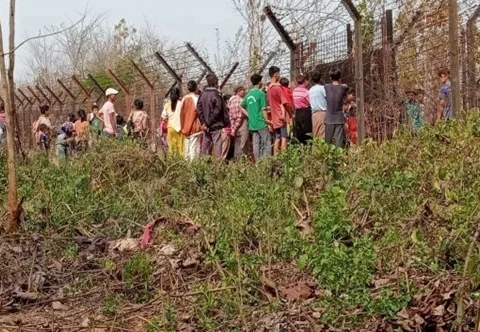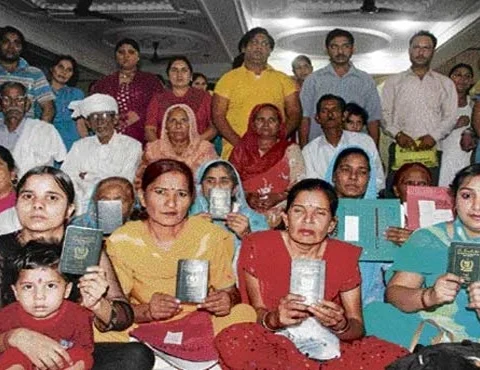The United Nations Secretary General António Guterres has urged India and Pakistan to show maximum restraint following heightened tensions after the Pahalgam attack in India-occupied Kashmir. The UN emphasized peaceful resolution through mutual dialogue and warned against actions that could worsen the situation, such as India’s unilateral suspension of the Indus Waters Treaty.
Despite UN appeals, cross-border firing was reported across the Line of Control (LoC), and the diplomatic crisis escalated, with both nations taking retaliatory actions. Pakistan’s National Security Committee (NSC), chaired by Prime Minister Shehbaz Sharif, termed India’s actions politically motivated and legally invalid, and announced strong countermeasures including:
-
Suspension of all trade and airspace links with India
-
Closure of the Wagah border
-
Reconsideration of bilateral agreements like the Simla Agreement
-
Reduction of Indian diplomatic presence and expulsion of personnel
Pakistan also rejected India’s allegations linking it to the Pahalgam incident and warned against weaponizing terrorism for political gains. The Foreign Office and Interior Minister reaffirmed Pakistan’s commitment to sovereignty and warned India not to miscalculate.
Key Points:
-
UN urges calm and peaceful dialogue between India and Pakistan
-
India blames Pakistan for deadly Pahalgam attack; Pakistan rejects the accusation
-
Indus Waters Treaty suspension by India condemned as a violation of international law
-
Pakistan’s NSC responds with strong diplomatic and security measures
-
Interior Minister and Foreign Secretary underscore Pakistan’s unity and readiness
-
Cross-border firing reported after calls for restraint, raising fears of escalation
Despite international calls for calm, tensions between India and Pakistan are rapidly escalating, driven by mutual accusations and aggressive policy moves. While the UN and other global actors push for restraint and diplomacy, both nations appear locked in a dangerous cycle of retaliation, threatening regional stability. The situation demands urgent de-escalation and renewed dialogue to prevent further conflict.






